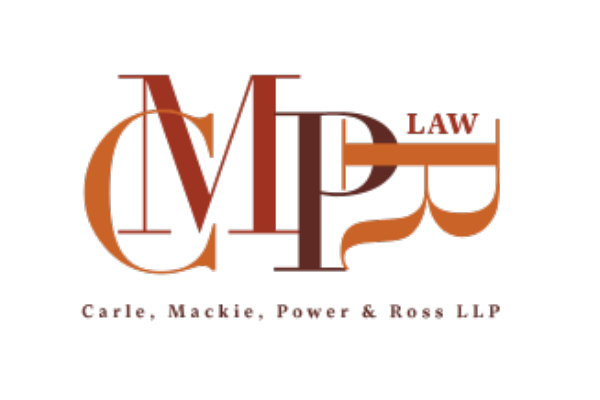520 Third Street, Suite 500, Santa Rosa, CA, United States of America, 95401
Feeds

Loading feeds please wait a moment
About
Providing solutions to your most critical wine industry challenges is the power of CMPR: WINE. With a unique depth and breadth of wine industry experience and expertise, our seasoned team of legal advisors guides you through the full range of strategic and day-to-day business and regulatory issues.
The creation of fine wine is no mere accident of nature. Excellence demands vision and passionate adherence to standards of the highest quality. So it is with building a successful business within the wine industry. The stakes are high. To ensure success, you must avoid pitfalls with prudent decision-making, every step of the way.
CMPR: WINE is a practice group within Carle Mackie Power & Ross LLP, one of Northern California's most respected full service business law firms.
THE TEAM
The combination of the expertise and experience of the CMPR:WINE team represents a unique resource able to quickly and efficiently respond to any situation.
JOHN MACKIE, a founding CMPR partner and leader of the CMPR:WINE team, has focused his practice on the wine industry since 1993 advising on a wide range of strategic corporate and real estate transactions as well as land use, and environmental compliance issues. He is also actively involved with WineVision, Sonoma County Food & Wine Center, Sonoma State University Wine Business Program, Sonoma Valley Vintners & Growers Alliance and Alexander Valley Wine Growers Association.
PHILLIP KALSCHED regularly advises businesses in the wine industry particularly in the area of real estate matters, including acquisitions and sales of vineyards and winery facilities, vineyard leases, and land use and planning matters. His expertise also extends to business formations, grape contracts, secured lending, and partnership transactions.
SIMON INMAN has handled a wide range of business transactions including merger and acquisition transactions, start-up and venture capital financings, stock options and other equity incentive plans, public and private securities matters, real estate, tax-exempt bond transactions and other bank financings.
JOHN DAWSON is head of the firm's Intellectual Property practice and a member of the firm's Wine Group. His practice is focused in the areas of intellectual property, business transactions, alcoholic beverage law and litigation.
JEREMY LITTLE practices in the firm’s Food and Alcoholic Beverage Group with an emphasis on business formation, raising capital, alcoholic beverage compliance, contracts, trademarks, and the purchase and sale of related companies.
Contact
Contact List
| Title | Name | Phone | Extension | |
|---|---|---|---|---|
| John Mackie | jmackie@cmprlaw.com | 707-526-4200 | ||
| Simon Inman | sriman@cmprlaw.com | 707-526-4200 | ||
| Phillip Kalsched | pkalsched@cmprlaw.com | 707-526-4200 |
Location List
| Locations | Address | State | Country | Zip Code |
|---|---|---|---|---|
| Carle, Mackie, Power & Ross, LLP | 520 Third Street, Suite 500, Santa Rosa | CA | United States of America | 95401 |


